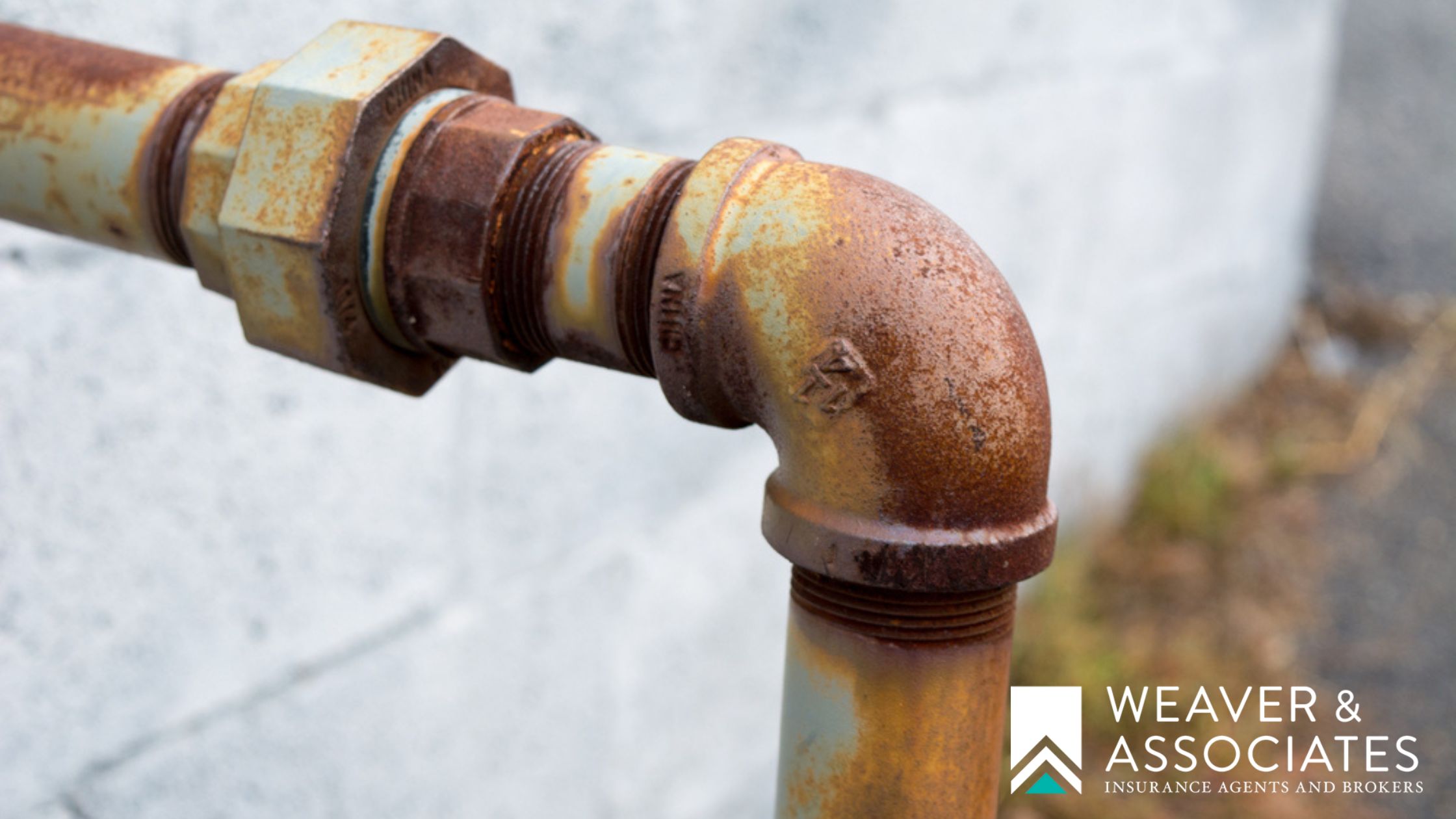Dealing with home damage is stressful enough! The last thing you need is the added burden of a denied or low settlement offer from your insurance company. However, many homeowners mistakenly believe that the initial decision from their insurer is final. The truth is, you have the right to fight for a fair settlement that reflects the true cost of repairs or replacement. Let’s explore your options and equip you with the knowledge to dispute a denied or low home insurance claim effectively.
Understanding Why Claims Get Denied
Here are some common scenarios:
- Coverage Exclusions: The damage might not be covered under your specific policy. For example, some policies exclude flood damage or wear-and-tear issues.
- Undocumented Claim: A lack of proper documentation regarding the damage, such as photos and repair estimates, can weaken your claim.
- Policy Violations: Failing to disclose previous claims or policy violations might lead to denial.
- Underestimation of Damage: The insurance company’s adjuster might underestimate the extent of the damage, resulting in a low settlement offer.
When Should You Dispute a Denied or Low Settlement Offer?
Here are some situations that warrant a fight:
- The damage is clearly covered under your policy.
- You have thorough documentation to support your claim.
- The adjuster’s assessment of the damage seems inaccurate.
- The settlement offer is significantly lower than the estimated repair or replacement cost.
Steps to Fight a Denied or Low Home Insurance Claim
The steps are:
- Gather Documentation: Collect all relevant documents related to your claim, including your policy documents, police reports (if applicable), photos of the damage, repair estimates, and receipts for any temporary repairs.
- Review Your Policy: Carefully review your homeowners insurance policy to understand the specific coverage details and any exclusions that might apply.
- Contact Your Insurance Agent: Start by contacting your insurance agent and expressing your disagreement with the decision. Open communication can often lead to a resolution.
- File a Formal Appeal: If communication with your agent doesn’t yield a positive outcome, file a formal appeal with your insurance company. This process typically involves submitting a written document outlining your reasons for disputing the decision and including your supporting documentation.
- Request Appraisal or Mediation: If your appeal is denied, you might request an appraisal by an independent third party to determine the extent of the damage. Mediation is another option, where a neutral third party helps facilitate communication and negotiation between you and the insurance company.
- Seek Legal Counsel: For complex cases or situations involving significant financial loss, consider consulting with an attorney specializing in insurance law. They can advise you on your legal options and represent you throughout the dispute process.
Tips for a Successful Claim Dispute
They are:
- Act Promptly: Don’t delay contacting your insurance company and initiating the dispute process. There are typically time limits for filing appeals.
- Be Clear and Concise: When communicating with your insurance company, be clear and concise in your arguments. Focus on your claim’s facts and the evidence supporting your position.
- Maintain a Professional Demeanor: While frustration is understandable, maintain a professional and respectful tone throughout your interactions with the insurance company.
- Keep Records of All Communication: Maintain detailed records of all communications with your insurance company, including phone calls, emails, and letters.
File Your Home Insurance Claim Efficiently with Weaver & Associates
At Weaver & Associates, we understand the complexities of navigating insurance disputes. We are dedicated to advocating for our clients and ensuring they receive fair compensation for their home insurance claims. Don’t settle for less than you deserve! Contact us today for a fair settlement on your home insurance claim. Call us at (626) 446-6161 for further assistance.







